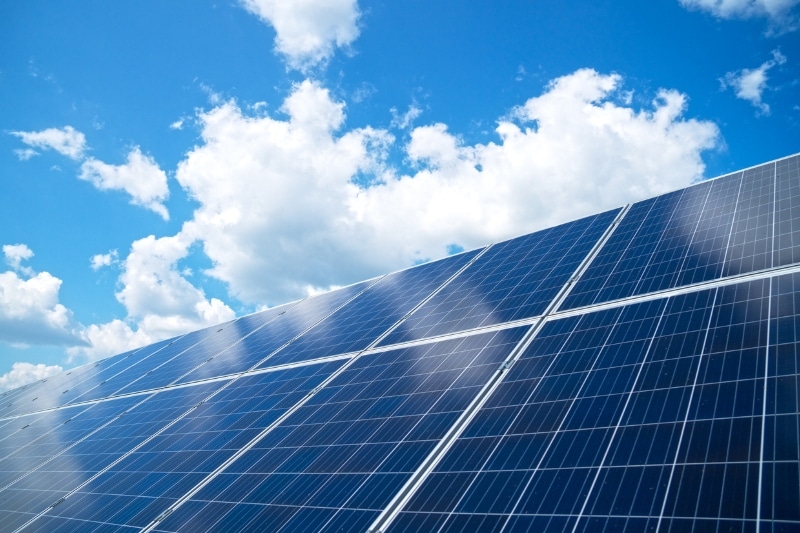Malaysia is achieving key milestones in developing the solar energy market. Malaysian Energy and Natural Resources Ministry (KeTSA) has introduced its new Net Energy Metering (NEM) 3.0 program to boost usage of solar energy and reduce energy costs among residential, commercial, and industrial users. The three key initiatives under NEM 3.0 are NEM Rakyat, NEM GoMEn, and NOVA. Quota applications can be made to the Sustainable Energy Development Authority (SEDA) from 1 February 2021 until 31 December 2023.
The NEM Rakyat program is applicable for residential users who have installed photovoltaic (PV) systems, which would be around 40,000 to 100,000 households, while the NEM GoMEn (Government Ministries and Entities) program is for government agencies in Peninsular Malaysia with PV systems installed in their buildings. Users under both NEM Rakyat and NEM GoMEn will get an offset rate of “one-to-one” for a period of 10 years and ought to practice the concept of self-consumption after the 10-year period ends. About 100 government agencies will enjoy a reduction in electricity bills amounting to MYR 6 million (USD 1.4 million) a month.
Additionally, the Nova (Net Offset Virtual Aggregation) program provides assistance for commercial and industrial electricity users to sell extra electrical energy generated by the PV solar system at market price or system marginal price (SMP) as an energy credit in the following month’s electricity bill. They can also offset extra electrical energy through “virtual aggregation” for up to three electricity bills under the same owner.
Apart from the recent initiatives from the government, multiple solar energy projects have also been undertaken nationwide by private companies, such as Malaysia’s Mestron Holdings and Samdo Smart Solar, South Korea’s Hanwha Energy, Germany’s Bosch, and Ajiya Bhd.
- Local steel pole maker Mestron Holdings (MESB) and Samdo Smart Solar have jointly partnered over the engineering, procurement, construction, and commissioning (EPCC) services for six solar power systems for telecommunication towers spread out in Peninsular and East Malaysia.
- In December 2020, Hanwha Energy Corporation reported that it had completed its 48-megawatt solar power plant in Malaysia and started commercial production.
- In Penang, Bosch worked with Blueleaf Energy and Greencells Energy Asia Pacific for the installation of one of the largest rooftop PV systems in Malaysia on its 7,500 solar panel of the automotive electronics plant. The additional 4,500 MWh energy generated will reduce 3,000 tons of carbon dioxide emission a year.
- Ajiya Bhd, a leading construction materials manufacturer in Malaysia, has awarded an MYR 3 million (USD 743,679) contract to Plus Solar Systems to outfit its factory with a rooftop solar PV setup. The factory in Segamat, Johor is expected to produce clean energy that will offset 1,139 tons of carbon dioxide a year.
(Sources: BERNAMA; Edge Markets; Business Today; New Straits Times)
